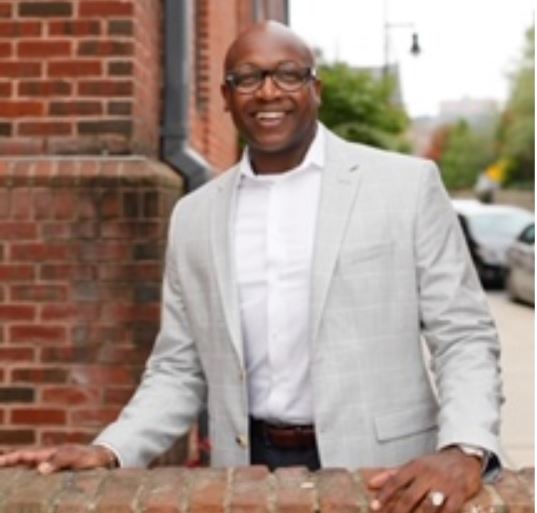[ad_1]
The AFRO spoke with F.T. Burden, president and CEO of Springboard Community Services, formerly known as Family and Children Services of Central Maryland.
By Sean Yoes
AFRO Baltimore Editor
[email protected]
Black Americans and other people of color continue to suffer more in the midst of the coronavirus pandemic, one of the most deadly global pandemics in decades.
The statistics are stark; a disproportionate number of Black people have been stricken by COVID-19 and have died of the disease. However, there is a somewhat hidden toll being taken in the Black community related to COVID-19, the impact of the disease on mental health.

“It doesn’t matter what color you are, how much money you have, how much education you have, things happen: grief, depression, anxiety, which COVID has really unleashed,” said F.T. Burden, president and CEO of Springboard Community Services, a regional full service behavioral health and case management organization. Springboard, which for decades (the organization is 107 years old) was known as Family and Children Services of Central Maryland, is headquartered in Baltimore City on Falls Road. Burden, who will celebrate his fifth year as CEO of the organization in September, told the AFRO although stigma over mental healthcare is still a thing in the Black community, that old bane is becoming less of an issue.
“There’s always been stigma in the community about accessing mental health,” Burden said. “People don’t want to be labeled crazy or whatever because they need to speak with someone. I think probably over the last few years…the idea of normalizing mental health like any other health issue, has helped a lot towards helping people feel more comfortable with accessing mental health services.”
According to Burden, Black people and other people of color have also had more access to mental health services because of the crowning policy achievement of the Obama administration.
“Probably not until the Affordable Care Act (Obamacare) that extended the coverage of mental health services to be covered through Medicare and Medicaid and all of the major forms of insurance,” he said. “It increased the level of access for everybody, particularly people of color.”
And according to Burden the onslaught of COVID-19 has also forced the federal government to ease some red tape to the benefit of many of Springboard’s clients.
“Thank God through the state of emergency they relaxed a number of the regulations as it relates to being able to provide mental health services. Before it was a lot more complicated in terms of the bureaucracy,” he said. “Now, since the crisis came they’ve relaxed some of the requirements …that are regulated by HIPAA (Health Insurance Portability and Accountability Act). Now that’s been available we’ve really seen the number of people who have been able to access our services increase 30, 40 percent.”
Beyond the ubiquitous coronavirus pandemic, the current national reckoning with systemic racism is adding stress to the lives of Black people and forcing mental health providers like Springboard to adjust accordingly to fully serve a significant number of its clients.
“I think part of being able to serve the Black community is really being culturally competent in terms of what the community is experiencing. When we talk about COVID being unprecedented a big part of what we’ve been going through with the staff is training them on racial trauma. So, in addition to all of the things that everybody deals with, White people, Black people, are dealing with in terms of their fears around COVID and the economy and anxiety around those things, Black people are coping with racial violence and protests in addition to regular anxiety,” said Burden.
“The whole COVID thing, aligning with the Black Lives Matter movement all happening at the same time, It’s been a very interesting time for our organization both on the case management and behavioral health side.”
[ad_2]
Source link

